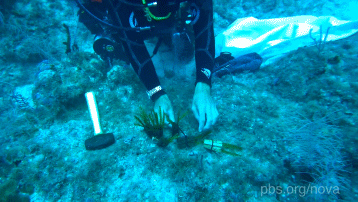The Coming Secular Era, Adam Lee, Daylight Atheism, August 27, 2014
The most important changes don’t come in the form of attention-grabbing headlines, but subtle trends that quietly gather momentum until, by the time they finally burst into public view, they’re unstoppable. Such is the case with the most important, and paradoxically most underappreciated, trend in American religion today: the long-term, across-the-board decline of Christianity and the corresponding rise of atheism, which has been going on behind the scenes for more than twenty years and is now well underway.
***
There’s no single cause for this. But a big part of it is that the world has made moral progress, while the churches haven’t. Their clinging to cruel and archaic views, like demands for women’s subordination and intolerance of homosexuality, makes them seem like relics, outposts of prejudice that more and more people reject. Many of the largest denominations have taken a sharply conservative turn, driving out liberals and moderates and imposing litmus tests of political orthodoxy, which has only accelerated the decline.
And, having gotten themselves into this hole, the only solution they can conceive of is to dig deeper: doubling down on the same cruel and irrational rules, demanding that their members preach and proselytize more. Little do they realize that if widespread rejection of their ideas is the problem, then working harder to spread their message is going to make that problem worse, not better.


![By U.S. Air Force photo/Staff Sgt. Brian FergusonMarsRover at en.wikipedia [Public domain], from Wikimedia Commons By U.S. Air Force photo/Staff Sgt. Brian FergusonMarsRover at en.wikipedia [Public domain], from Wikimedia Commons](http://crypticphilosopher.com/wp-content/uploads/2014/09/640px-MQ-9_Reaper_taxis.jpg)



